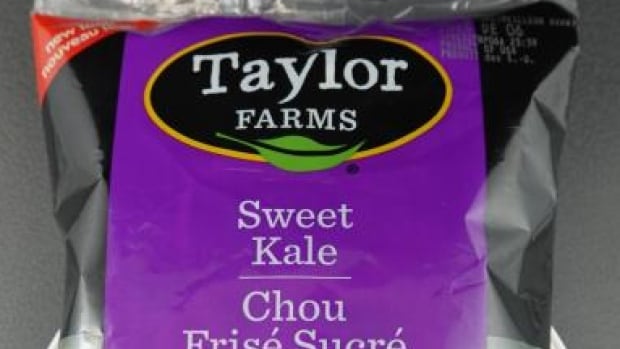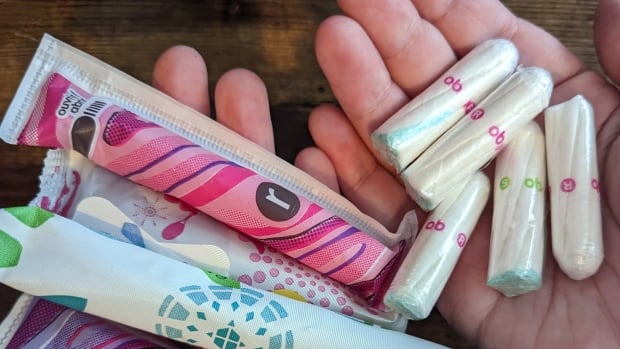Taylor Fresh Canada Foods brand has recalled a sweet kale salad product due to Salmonella risk, Canadian officials say.
The Canadian Food Inspection Agency (CFIA) said on Monday that Taylor Farmers Sweet Kale Chopped Kit sold in 340 gram bags are being recalled from the marketplace due to possible Salmonella contamination.
The recall notice includes a certain UPC code and best before dates.
Affected products were distributed in New Brunswick, Newfoundland and Labrador, Nova Scotia, Ontario and Quebec, CFIA said.
The agency said the recall was triggered by CFIA test results.
“There have been no reported illnesses associated with the consumption of this product,” CFIA said.
Consumers who think they became sick from consuming a recalled product are advised to contact their healthcare provider. CFIA also advised:
- Check to see if you have recalled products.
- Do not consume, serve, use, sell, or distribute recalled products.
- Recalled products should be thrown out or returned to the location where they were purchased.
Food contaminated with salmonella may not look or smell spoiled but can still make you sick.
A Winnipeg biotech company has developed a cocktail of viruses that kill E. coli and salmonella in chickens. Also known as phages, it’s believed the cocktail could be used to treat antibiotic-resistant bacteria that infect people.
Salmonella symptoms include a sudden onset of headache, fever, abdominal pain, diarrhea, nausea and sometimes vomiting. Long-term complications may include severe arthritis.
Risks unique to fresh produce
Timothy Lytton, a law professor at Georgia State University’s Center for Law, Health & Society in Atlanta, studies topics including food safety such as recalls.
Lytton said there are many reasons why fresh produce can be exposed to different kinds of pathogens.

“Fresh produce is particularly difficult because it’s consumed raw,” Lytton said in an interview.
“Most of the foods that we eat are cooked in one manner or another, either during production or before they’re consumed at home. And that cooking process is what’s known as a kill step in food safety, and that generally protects people from exposure to dangerous microbial pathogens that might be in the food.”
When you eat a fresh salad, the food hasn’t gone through a kill step, he said.
“As a result, you may be more likely to be exposed to pathogens if it’s been infected either during the course of its production in the fields or during the course of production when it’s bagged or sorted or sold at retail.”







